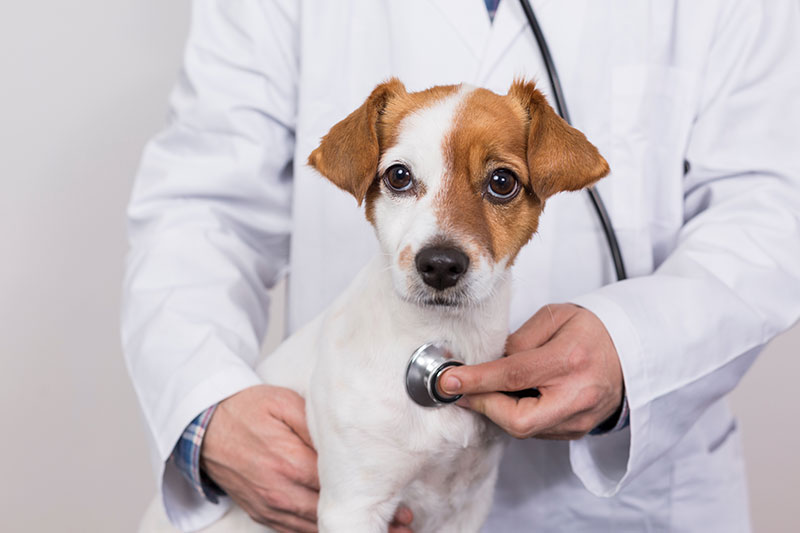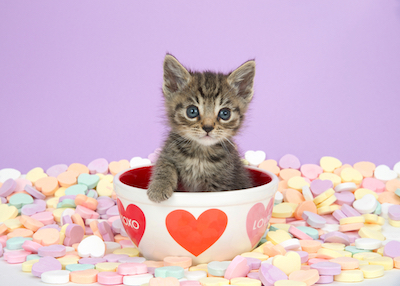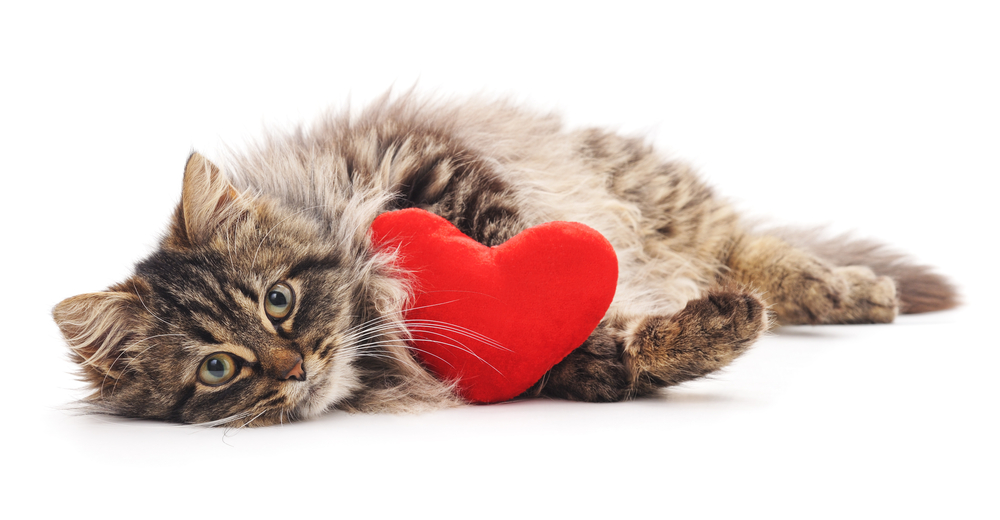
Protecting Your Furry Valentine: Understanding and Preventing Chocolate Toxicity in Pets
Valentine’s Day and Chocolate Toxicity
Signs of Chocolate Toxicity in Pets
- Vomiting and Diarrhea: One of the earliest signs that your pet may have ingested chocolate is vomiting and diarrhea. These symptoms can occur within a few hours of ingestion.
- Increased Heart Rate: Chocolate contains theobromine, a stimulant that affects the cardiovascular and nervous systems. An increased heart rate is a common sign of theobromine poisoning.
- Restlessness and Hyperactivity: Pets may exhibit restlessness, pacing, or hyperactivity due to the stimulant effects of theobromine.
- Tremors and Seizures: In severe cases, chocolate toxicity can lead to tremors and seizures, indicating a critical medical emergency.
- Muscle Rigidity and Weakness: Theobromine toxicity can cause muscle rigidity and weakness, making it difficult for pets to move or stand.


What to Do if Your Pet Ingests Chocolate
1. Contact Your Veterinarian: If you suspect your pet has ingested chocolate, contact your veterinarian IMMEDIATELY for guidance.
3. Emergency Veterinary Care: In all cases, seek emergency veterinary care. Our team at Companion Animal Health & Rehabilitation Center in San Diego County is well-equipped to handle chocolate toxicity cases promptly and effectively.
Preventing Chocolate Toxicity This Valentines Day
1. Secure Chocolate Out of Reach:
Keep all chocolate products, including bars, candies, and baked goods, out of your pet’s reach. Place them in closed cabinets or on high shelves pets can not access.
2. Educate Family and Guests:
Inform family members and guests about the dangers of sharing chocolate with pets, especially during holidays.
3. Use Pet-Friendly Treats:
When giving treats to your pet, choose options specifically designed for them. Many pet stores offer Valentine-themed treats that are safe for consumption.
4. Be Cautious with Gift Packaging:
Remove and dispose of chocolate gift wrappers and boxes promptly, as pets may be tempted to explore and ingest them.
Secure Your Pet's Well-Being: Trust Companion Animal Health & Rehabilitation Center for Urgent Care & Everyday Pet Health Needs







